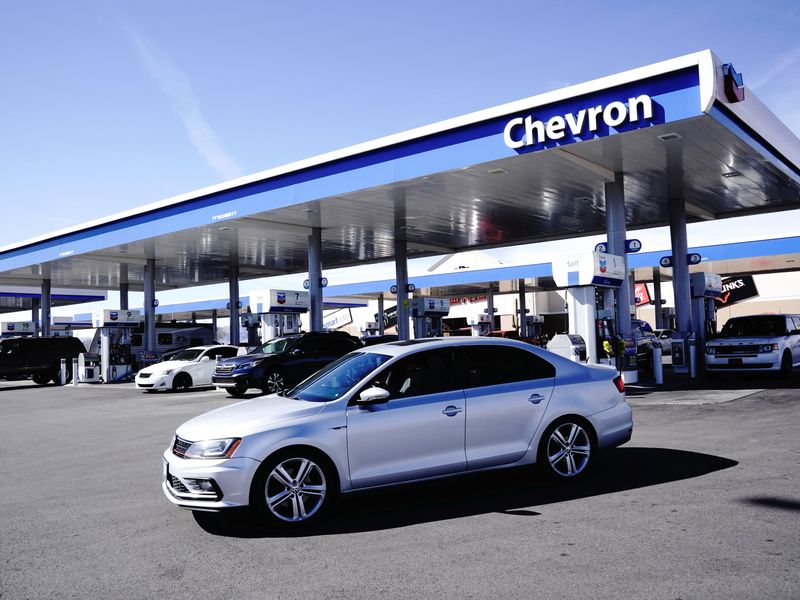Trenton, NJ – A recent survey conducted by the Rutgers-Eagleton Institute has revealed a significant gap between consumer attitudes towards electric vehicles (EVs) and the policies being pushed by the Murphy Administration.
By 2035, New Jersey Governor Phil Murphy’s plan would ban the sale of new gasoline-powered cars in the Garden State.
According to the survey, which polled 1,657 adults, 56% of New Jersey consumers are currently unlikely to purchase an EV. Jim Appleton, President of the New Jersey Coalition of Automotive Retailers (NJ CAR), suggests that this reluctance stems from concerns over costs, range, and the availability of charging infrastructure, rather than a lack of awareness about the environmental and health benefits of EVs.
Appleton warns of a potential consumer backlash against government mandates on EVs, with many respondents expressing opposition to such mandates and concerns about their impact on the state economy and personal finances. He urges the State Legislature to realign EV policy with consumer preferences, cautioning that unrealistic mandates could hinder EV adoption and negatively affect the state’s economy and the financial well-being of working and middle-class families.
Despite the push for EV adoption, New Jersey’s franchised new car and truck dealers, which currently offer over 40 vehicles with a plug, see consumers often opting for hybrids, plug-in hybrids, or gas-powered vehicles due to price concerns and charging infrastructure. By model year 2027, the number of models is expected to increase to 140, but dealers emphasize the need for consumer choice to drive the transition to a fully electric vehicle market.
The Eagleton survey highlights the importance of vehicle affordability and consumer choice, indicating that incentives may be more effective than mandates in encouraging EV purchases.
As New Jersey navigates its EV policy, Appleton stresses the need for it to reflect consumer will, suggesting that the path to a 100% EV marketplace lies in responding to consumer demand rather than imposing government directives.
